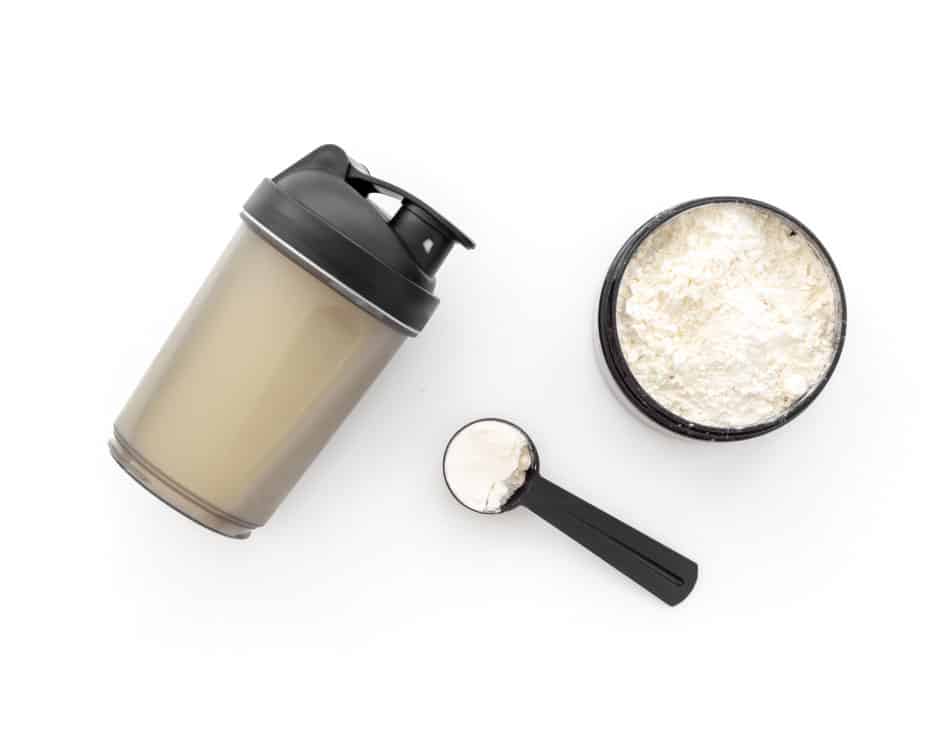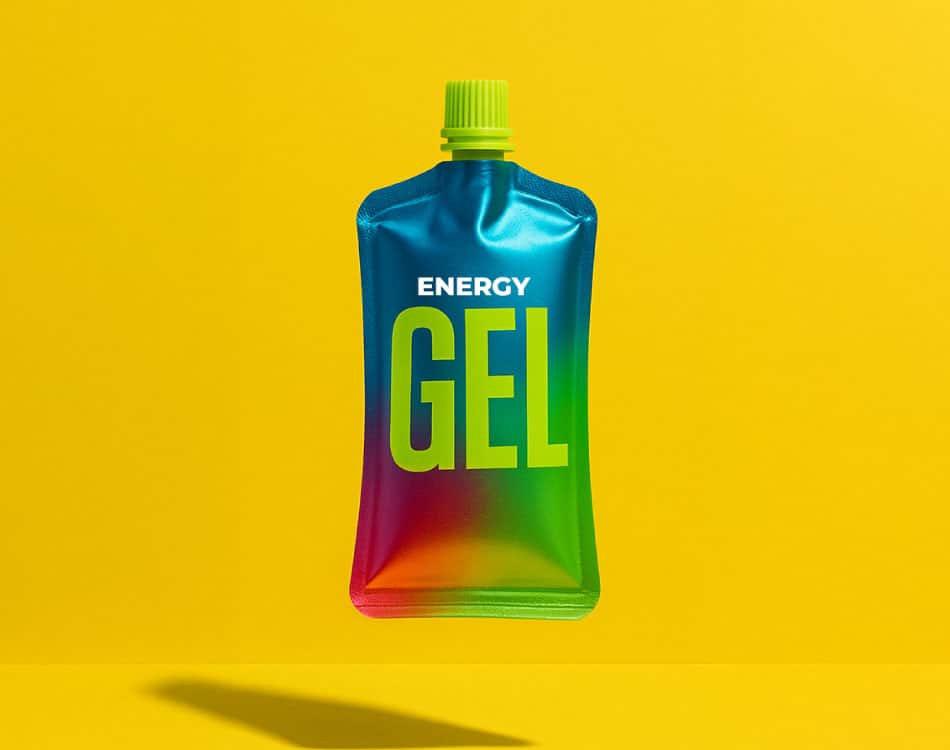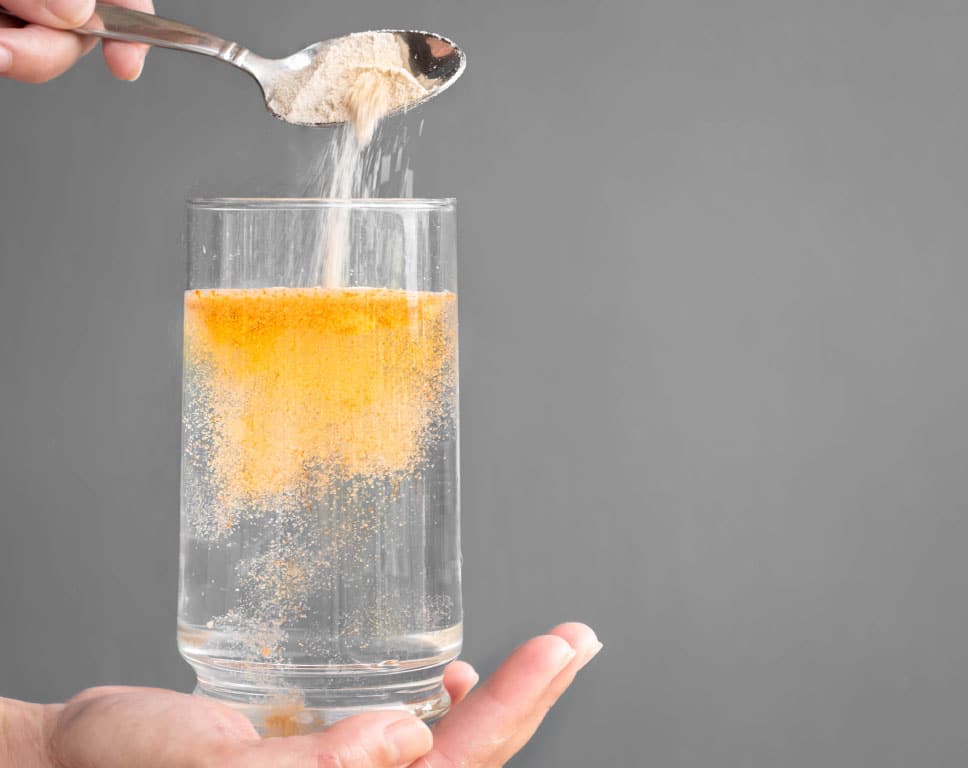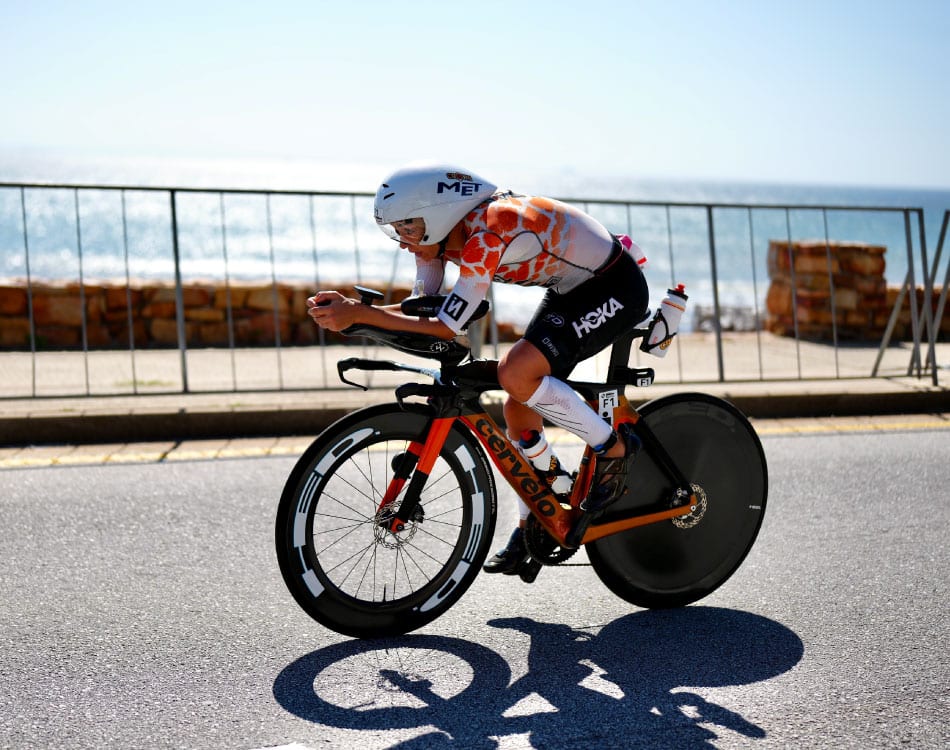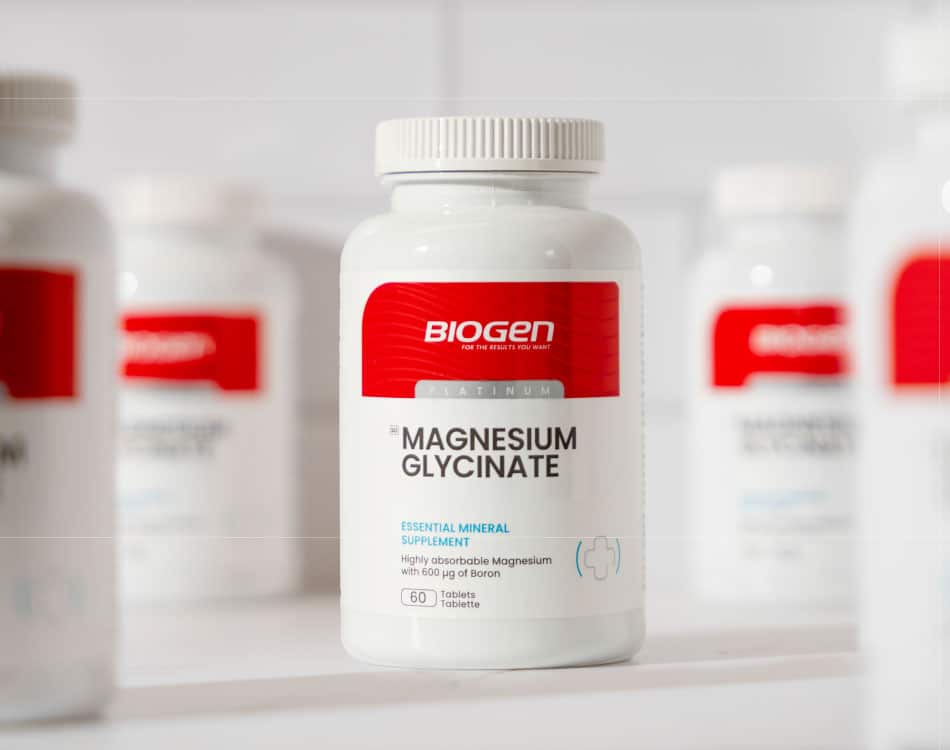The science is clear: endurance athletes who embark on gruelling training sessions and races that last for three hours or longer are more likely to get greater performance benefits from a hybrid carb-protein supplement than a carb-only product.
Whether you’re running a marathon, competing in a cycling race, or tackling a triathlon, maintaining energy levels and reducing muscle breakdown are crucial to optimal performance.
Supplements like new Biogen Cyto-Pro, 32Gi Race Pro and USN Purefit Epic Pro formulated with a blend of easily digested carbohydrates and proteins are designed to maintain your energy stores, limit muscle damage, support recovery, and keep you performing at your best.
READ MORE | 3 Steps To Boost Post-Workout Recovery For Endurance Athletes
The science behind the blend
When combined in a single solution, carbohydrates provide readily available energy while protein limits muscle damage and supports muscle repair and recovery, which research suggests may offer several performance benefits.
Delayed fatigue: A 2020 study1 published in the journal Nutrients of Sports Medicine shows that carbohydrate-protein blends can delay fatigue and extend exercise time to exhaustion compared to carb-only options.
Based on study findings, the researchers concluded that “co-ingesting carbohydrates and proteins appears to enhance TTE (Time-To-Exhaustion) and TT (time trial) performance compared to CHO-only and presents a compelling alternate feeding strategy for athletes.”
Reduced muscle damage: Intense and prolonged exercise can lead to muscle breakdown. A study2 published in the Medicine and Science in Sports and Exercise found that, in addition to the fatigue reduction benefit, a carbohydrate-protein blend produced significant “reductions in muscle damage in endurance athletes”.
The reduced recovery demands can potentially support faster recovery between training sessions or stages, which can boost performance and may help reduce soft tissue injuries.
Better glycogen replenishment: In a study3 published in the Journal of Applied Physiology, a research team lead by John Ivy found that a carbohydrate-protein supplement “is more effective for the rapid replenishment of muscle glycogen after exercise than a CHO (carbohydrate) supplement of equal CHO or caloric content.”
This is an important attribute for endurance athletes who have consecutive days of hard or high volume training or need to compete in multiple stages in a race, as it aids faster recovery and improves readiness for subsequent efforts.
READ MORE | Why Endurance Athletes Should Consider Creatine
Choosing the right blend
While the potential benefits are promising, not all carbohydrate-protein blends are the same. A major factor in the ability of a product to deliver these benefits lies in the ratio of carbohydrates to proteins in the formulation.
According to the International Society of Sports Nutrition position stand on nutrient timing, combining carbohydrates (0.8 g/kg/h) with protein (0.2–0.4 g/kg/h) is the ideal approach.
Additional research supports this carbohydrate to protein ratio, with a study4 conducted at the University of Texas at Austin finding that cyclists who drank a carbohydrate and protein blend in a this ratio improved their endurance by 57% compared with those who drank just water and 24% compared to those who sipped on a carbohydrate-only drink.
The ingredients are another important factor to consider when selecting the right product for you. Opt for products with a mixture of easily digested carbohydrates that deliver the ideal blend of a rapid and more sustained energy release and bioavailable proteins to get these macronutrients to working muscles as efficiently as possible and reduce the risk of digestive issues.
Carbohydrate sources derived from maltodextrin provide a stable energy supply due to its lower GI and better digestibility due to faster absorption and a lower risk for gastrointestinal discomfort or issues.
Ideal sources of easily digestible proteins include isolated whey or hydrolyzed proteins, which offer faster absorption and gastric emptying rates.
READ MORE | The Endurance Athlete’s Stage Race Survival Guide
Added performance benefits
Ongoing innovation in product formulations are also helping to deliver additional performance benefits with added ingredients like creatine monohydrate, caffeine, beta-alanine, L-carnitine tartrate and L-glutamine.
Creatine monohydrate can improve performance during short bursts of intense exertion, like a short climb, a breakaway effort, or surge for the finish.
Caffeine is another ingredient proven to support endurance performance and works synergistically with creatine for even greater benefits5. The combo helps improve energy production, enhances muscle function, and delivers a cognitive boost, which can lower your perceived effort.
Additional performance-enhancing ingredients like beta-alanine, L-carnitine tartrate and L-glutamine may support optimal performance by enhancing endurance through more efficient energy production and decreasing muscle breakdown during efforts that exceed three hours.
References:
- Kloby Nielsen LL, Tandrup Lambert MN, Jeppesen PB. The Effect of Ingesting Carbohydrate and Proteins on Athletic Performance: A Systematic Review and Meta-Analysis of Randomized Controlled Trials. Nutrients. 2020; 12(5):1483. https://doi.org/10.3390/nu12051483.
- Saunders, Michael & Kane, Mark & Todd, M. (2004). Effects of a Carbohydrate-Protein Beverage on Cycling Endurance and Muscle Damage. Medicine and science in sports and exercise. 36. 1233-8. 10.1249/01.MSS.0000132377.66177.9F.
- Ivy JL, Goforth HW Jr, Damon BM, McCauley TR, Parsons EC, Price TB. Early postexercise muscle glycogen recovery is enhanced with a carbohydrate-protein supplement. J Appl Physiol (1985). 2002 Oct;93(4):1337-44. doi: 10.1152/japplphysiol.00394.2002. PMID: 12235033
- Ivy JL, Res PT, Sprague RC, Widzer MO. Effect of a carbohydrate-protein supplement on endurance performance during exercise of varying intensity. Int J Sport Nutr Exerc Metab. 2003 Sep;13(3):382-95. doi: 10.1123/ijsnem.13.3.382. PMID: 14669937.
- Lee CL, Lin JC, Cheng CF. Effect of caffeine ingestion after creatine supplementation on intermittent high-intensity sprint performance. Eur J Appl Physiol. 2011 Aug;111(8):1669-77. doi: 10.1007/s00421-010-1792-0. Epub 2011 Jan 5. PMID: 21207054.


